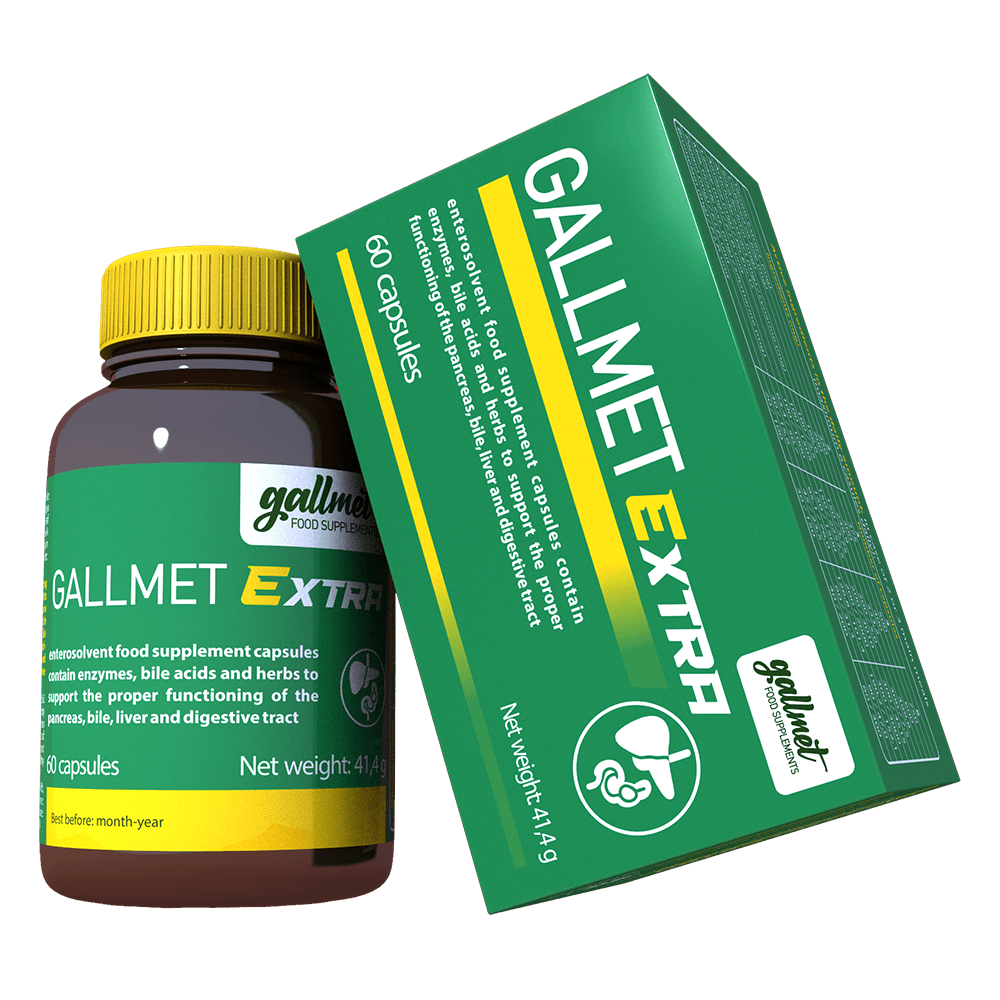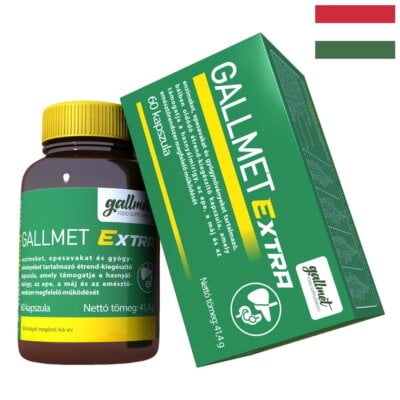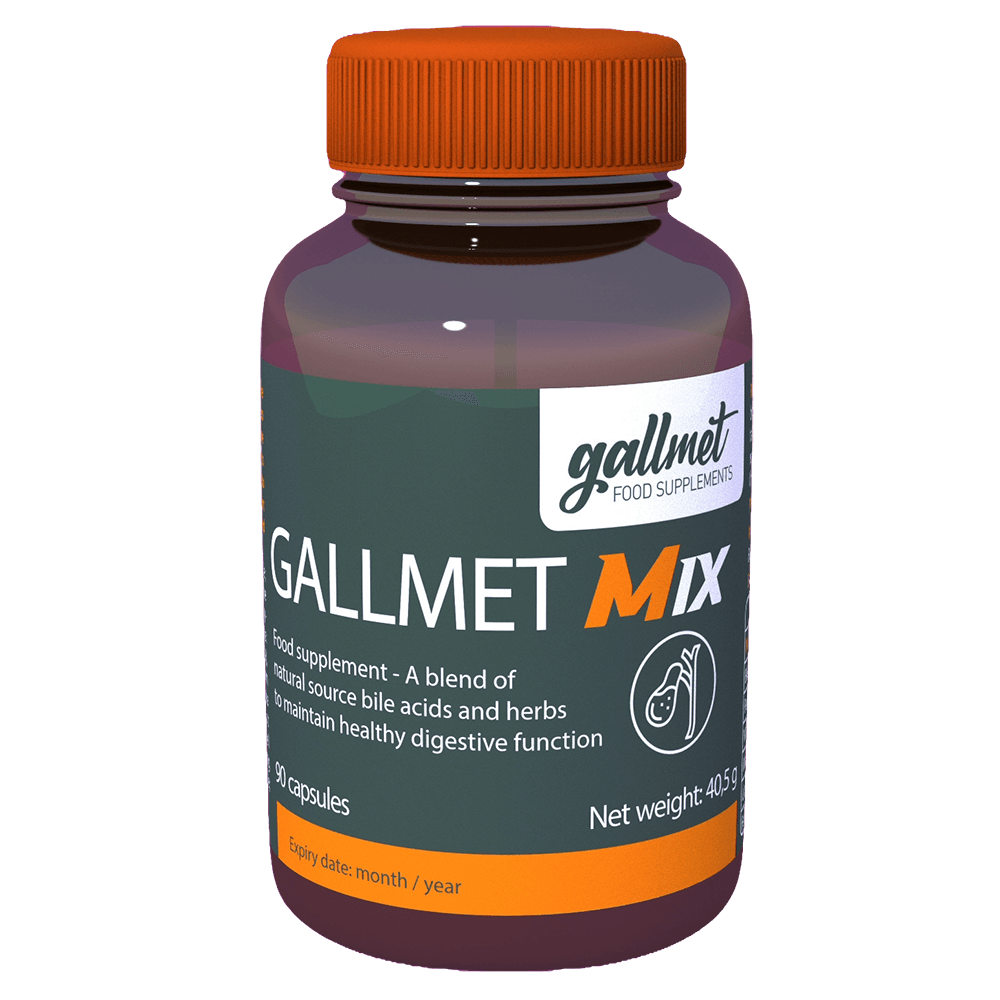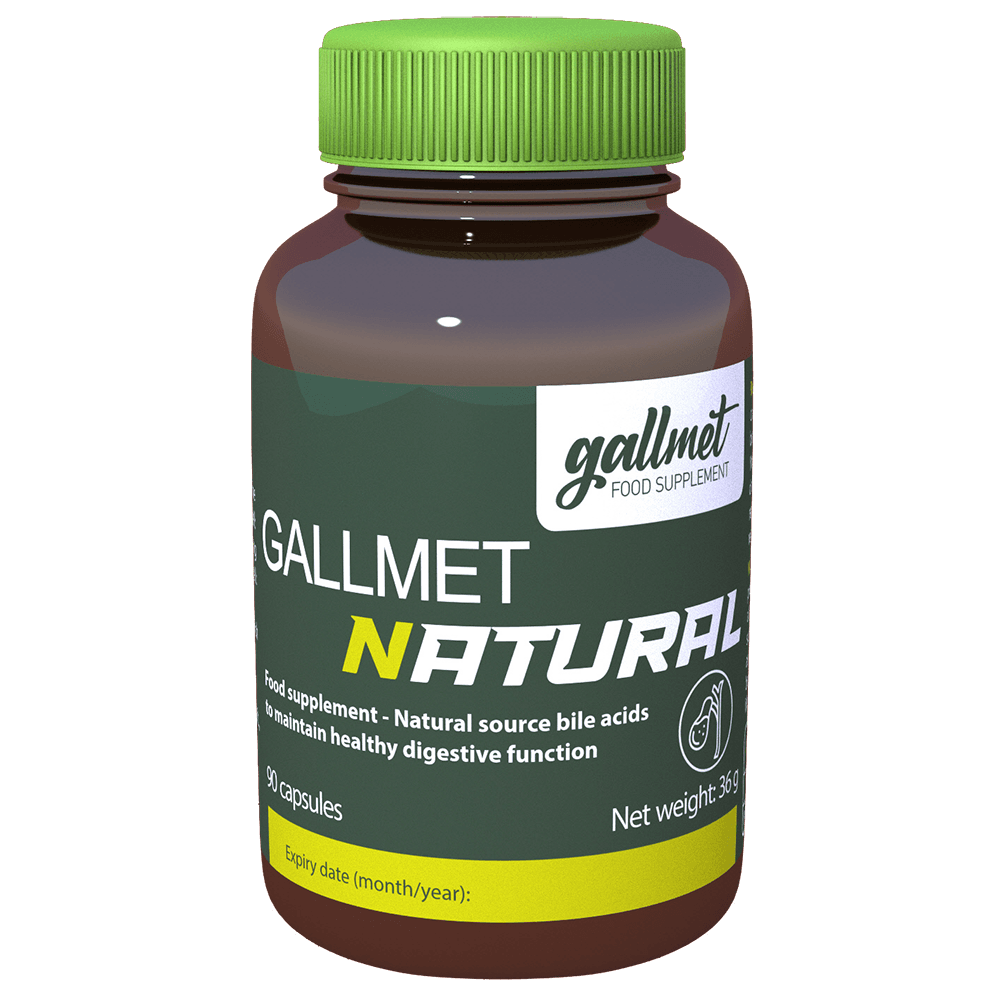Intestinal diseases: relation between IBS, ulcerative colitis, Crohn's disease, SIBO and bile

Irritable bowel syndrome - IBS and dysbiosis
IBS is associated with dysbiosis in around 75% of cases, where bacteria in the large intestine consume undigested nutrients and the significant amount of gas produced causes bloating.
IBS affects 15-20% of the European adult population and can be caused by stress, poor eating habits, smoking and excessive alcohol consumption."
Over the last 10 years we have received a lot of positive feedback about the use of GALLMET bile acid capsules for IBS, especially from people who have experienced constipation.
Crohn's disease
Ulcerative colitis
Contaminated small bowel syndrome - SIBO
Proton pump inhibitors, also known as PPIs (omeprazole, pantoprazole, etc.), used to treat heartburn, reduce stomach acid levels. If there is not enough stomach acid or bile to 'disinfect' the food eaten, bacteria can pass into the small intestine and if they overgrow there (SIBO), the bacteria cause the nutrients to turn into gas. The gases increase the internal pressure in the stomach, which opens the oesophageal sphincter and the acidic contents of the stomach are forced into the oesophagus. SIBO is fairly common, estimated at 2.5-22% in healthy people and 17% in morbidly obese people.
What is the role of bile acids and bile in these intestinal diseases?
If there is a problem with the breakdown of fats (e.g. because of gallbladder surgery), the digestion of fat will be by putrefaction, which will alter the bacterial flora in the colon in an unfavourable manner. This allows microorganisms that don't belong there to colonise and multiply in the intestines. This can trigger inflammatory processes, causing pain, cramping and the development of IBS and dysbiosis. Furthermore, if the disinfectant role of bile acids is not functioning properly, bacteria ingested with food can multiply in the small intestine and lead to the development of contaminated small intestine syndrome (SIBO).
Proper liver function, bile production, bile circulation (enterohepatic circulation) can prevent the listed intestinal diseases. If the bile cycle is not functioning properly or is damaged for whatever reason, bile acid supplementation can help to alleviate the symptoms of these diseases and speed up recovery, as bile acids support the bile cycle, digestion, gut and immune health and help to alleviate their dysfunction.
Dr. István Tihanyi and László Béky, naturopathic experts, discuss the connection between bile acids and intestinal inflammation (with subtitles, about 3 minutes, Echo TV - Vitalitás)
GALLMET-Extra bile acid, digestive enzyme and herb capsules
The intestinal diseases mentioned above impair the absorption of nutrients in the body, which can be positively influenced by taking digestive enzymes. Undigested food provides a breeding ground for the growth of various bacteria, which can lead to SIBO, IBS, dysbiosis and primary endotoxemia. In addition to bile acids, GALLMET-Extra capsules also contain digestive enzymes that help to process and utilize nutrients more efficiently, thereby inhibiting the proliferation of harmful bacteria (dysbiosis) in the gut. In addition to protecting the liver, GALLMET-Extra's ingredients, such as milk thistle extract (silymarin), have been clinically shown to improve the quality of life of people with inflammatory bowel disease.
GALLMET products are available in ALL Hungarian pharmacies and herbal shops or can be ordered!
GALLMET products are available in ALL Hungarian pharmacies and herbal shops or can be ordered!
Read more about how bile acids help people's health:

Bile and digestion
The crucial role of gallbladder and bile acids in digestion

After gallbladder surgery
What can you do if you have problems after gall bladder surgery?

Intestinal diseases
IBS, ulcerative colitis and Crohn's disease in relation to bile

Bile stone dissolution
How can gallstones be treated with bile acids?

High cholesterol
How does proper bile function rid the body of excess cholesterol?

Stress
The link between stress-induced digestive problems and bile acids.

Immune system support
The beneficial effects of bile acids on the immune system
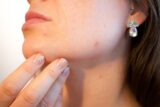
Psoriasis
Beneficial effects of bile acids on psoriasis
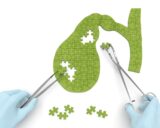
Get rid of gallstones
Gallstone removal, gallbladder surgery, types of gallbladder surgery
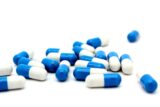
Vitamins and bile
Utilisation of fat-soluble vitamins and the relationship with bile

Weight reduction
How can proper bile function contribute to weight loss?

Bile acids and the immune system
The antiseptic effect of bile acids

For infections
What can be done to relieve various infections?
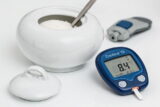
The relationship between diabetes and bile function
How do bile acids affect diabetes?

Role of bile acids
Physiological effects of bile acids

Bile stone crushing (ESWL)
How can gallstones be cured?

Bile cycle: overview and presentation
The role of bile acids in our quality of life

